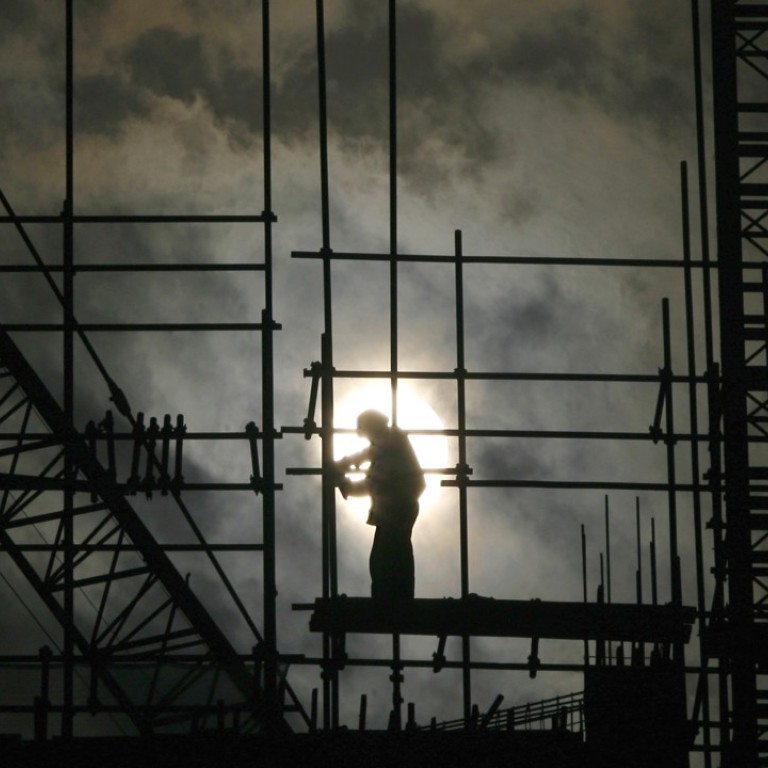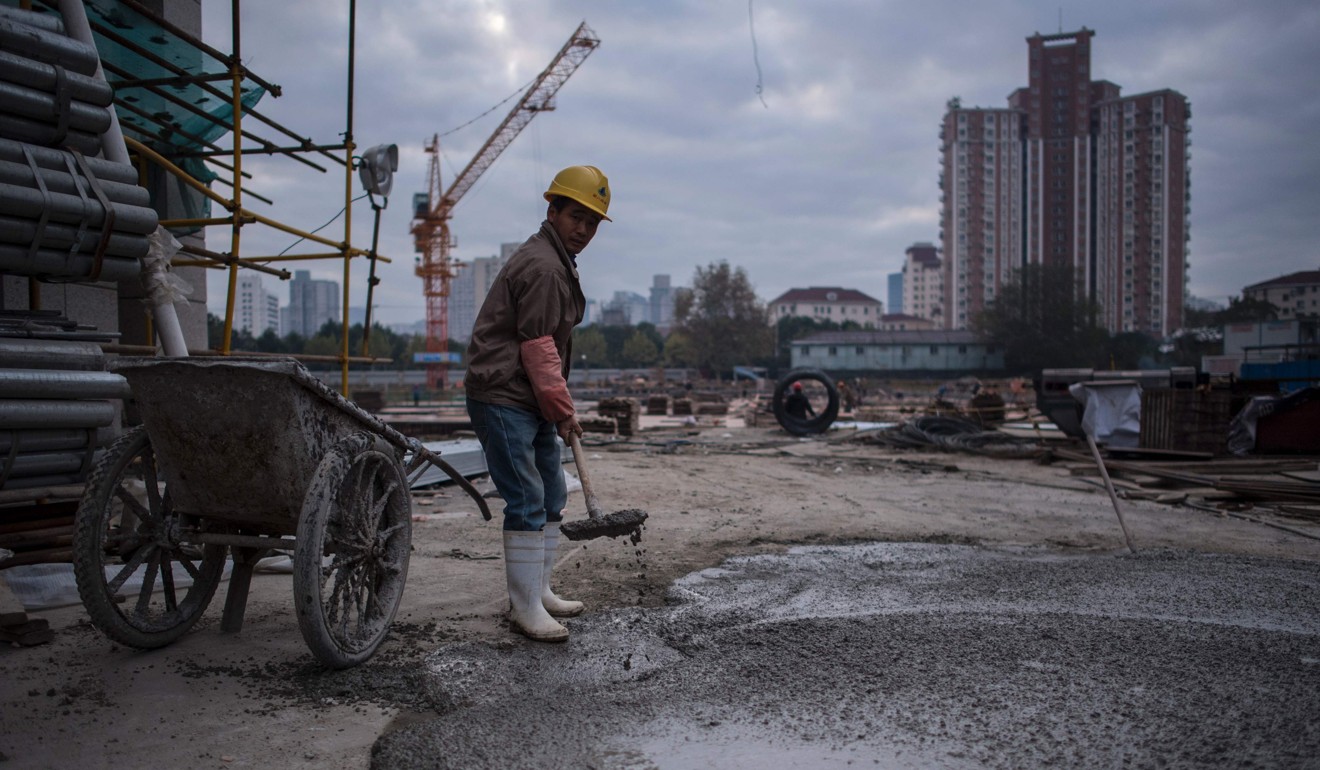
Shanghai blocks sales of commercial property converted for residential use
Move comes a year after Premier Li Keqiang called for more commercial space to be converted into rental housing
The Shanghai authorities have called off the approval of any new apartments to be built on land designated for commercial use, their latest measure in response to a broader campaign to curb the red-hot property market in China’s biggest cities.
According to a document released by the Shanghai housing authorities, any planned residential projects converted from offices and shops will not be granted sales approval, while the relevant departments will re-examine cases where the projects have won approval but have yet to be launched for sale, or where the units have been sold but the keys have not been handed over to the buyers.
The authorities estimate 17 million sq metres of existing projects will be affected.
“We believe even those developers that have been given sales permits or pre-sold units already will be forced to change the sites back for commercial or office use,” said Yan Yuejin, research director at Shanghai-based E-house China R&D Institute.
Shanghai is the last of the country’s four first-tier cities to impose tougher measures on commercial housing. Beijing banned the sale of flats converted from commercial or office space to individuals in March.

These projects have operated in something of a “regulatory grey zone” in the past as the government’s policy on the use of commercial buildings as homes has long been ambiguous.
Then last year, the central government signalled that it would support the softening of land designation rules, with Premier Li Keqiang calling for more commercial spaces to be converted into rental housing as a way to develop the home rental market and ease the oversupply of empty offices and shopping malls.
The so-called “commercial-to-residential” projects, which include various types of units such as studio apartments or even bungalows built on commercial plots, have become widespread in Beijing, Shanghai, Shenzhen and Guangzhou, particularly among young and non-local buyers, since 2015 amid skyrocketing home prices in top cities.
These types of properties are usually more affordable than pure residential projects as the commercial land acquired by developers is much cheaper than residential land, which is becoming more scarce and expensive in major cities.
The biggest advantage of these properties is that they are not subject to home purchase restrictions, meaning anyone, including non-local residents, can buy as many units as they like.
In Shanghai, non-local residents are not allowed to buy an ordinary flat unless they have been employed by a local firm for at least five years.
Converted apartments accounted for a third of home sales in terms of floor area in the city last year, E-house data showed, up from 13 per cent the year before.
Many developers took a gamble by converting commercial land into homes for sale as they believed that was what the government was encouraging, Yan said.
But the frequent and erratic government policy changes, and now a complete U-turn, have left hundreds of thousands of buyers of these converted commercial properties finding themselves in trouble as the prices of their properties have slumped and they cannot sell them now.
And for some newly completed projects, the buyers cannot move in as the units are having facilities such as flue pipes and plumbing removed for conversion back into office use.
“We believe the real purpose of these measures is to control population inflows to prevent home prices from rising too fast,” said Zhang Hongwei, research director of Tospur Real Estate Consulting.
He said adjusting the population structure and making it harder for less affluent people or outsiders to buy their own homes in bigger cities would be the policy direction for a while to come.

